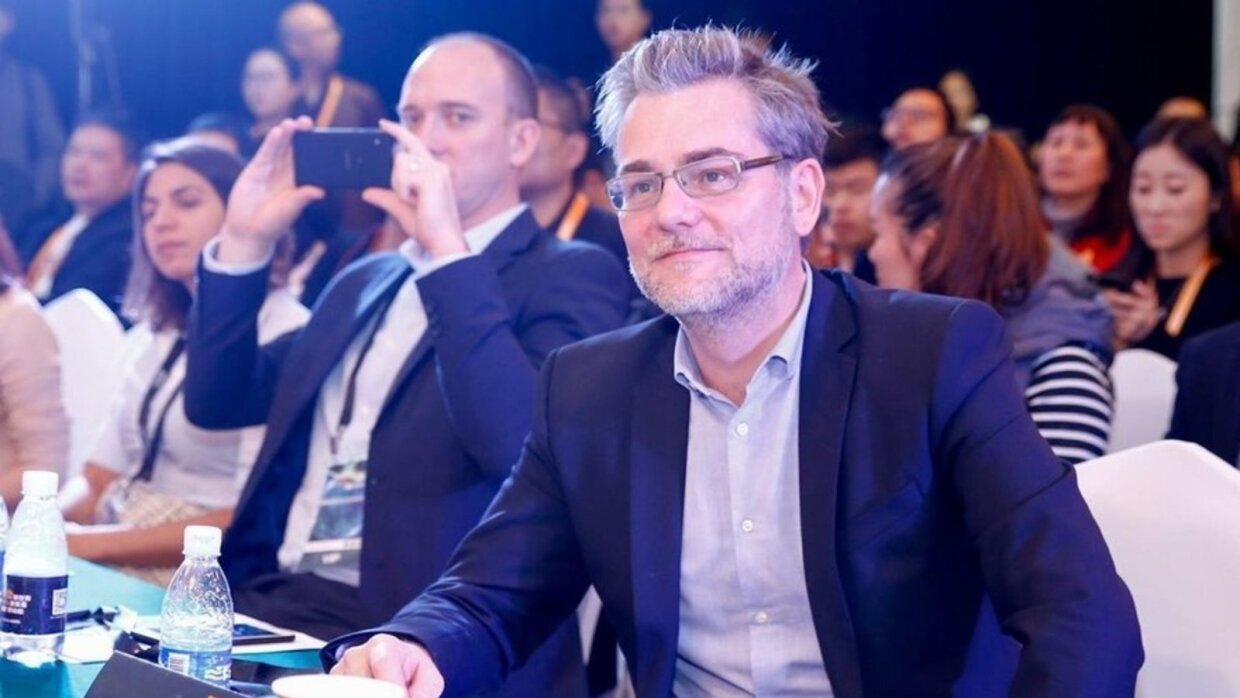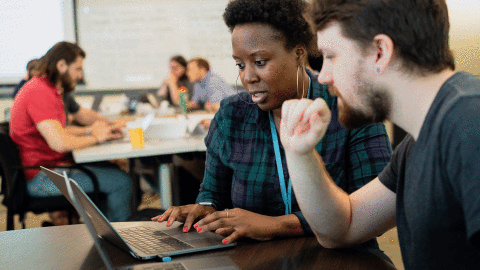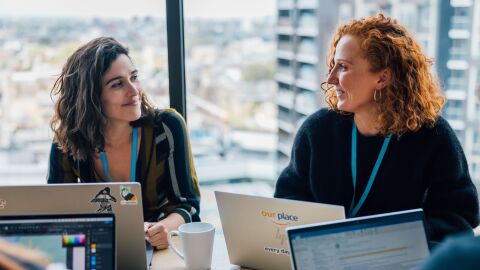You have been working at Amazon for almost 20 years; describe one aspect of the company culture that has not changed?
Our focus on delivering long-term impact for customers, and taking big bets to get there, is something that astonishes me. Amazon is a customer-oriented company, we are missionaries, going where customers want, observing what they like, and organizing to deliver. This is an endless mission. Our effectiveness at reorganizing and morphing into new initiatives, while keeping our focus on selection, pricing and convenience is an impressive part of the culture.
How does Amazon empower sellers?
We’re building a level playing field, where all selling partners have the same chances of success, whatever their size or origin. Then we help them deliver their full potential. We do it by aligning their interests with those of customers. Whatever we do to help one population benefits the other. When selling partners adopt Fulfilment by Amazon (FBA), with a unified account to sell across EU, they grow their business while improving speed, selection and pricing for customers. This model is a living proof that success isn’t from doing better than others, but helping others do better.
What is the one thing you are most proud of from your time at Amazon so far?
I love seeing my leaders develop new skills and fly on their own. I‘m lucky to work with the brightest people I could imagine, many of them smarter than me or more effective in some areas. Helping them realize their potential, stretch into new directions, and propagate this growth mindset to their teams is the most rewarding activity.
What keeps you awake at night and why?
I’m sleeping well, thank you! But with scope increasing, Amazon impacting lives of millions of customers and sellers, and branching into an incredibly sophisticated range of services, the role of its leaders is becoming increasingly challenging. We need a new generation who can manage businesses, operations, technology, who can shape a vision, drive results, work with others, learn from failures, and there is no school or training for this. The role of each leader is to identify talents in their teams and take calculated risks so they build the experience to acquire these skills. My best advice for everyone is to cultivate your curiosity, think on your own, develop a practicality and determination to push through obstacles, become famous for something, then push yourself to do whatever scares you to tame your fears and build the most accomplished version of yourself.
What are the two Amazon leadership principles you challenge yourself with every day?
I am inspired by the tension between frugality and bias for action. Frugality isn’t controlling costs, but controlling time, staying away from distractions and inventing from constraints. If you have bias for action and customer obsession, any defect becomes a battle, but frugality is here to balance, push down decisions, so you invest your time on needle moving initiatives where you’re adding value.
Why did you decide heading and representing the Women@ group in our European headquarters ?
Bringing a diversity of perspectives is one of the best opportunities to keep our culture vibrant, open, inclusive, and connected to our customers. I am incredibly proud of the diversity of origins in our Luxembourg teams. Gender diversity is well represented, but we have more to do, and nobody else than ourselves can change things for the better. I am also a father of 4 daughters, and want the best for their future! Women@ is a group of men and women working on development, hiring, policies and events, to drive gender diversity and make Amazon a great workplace for everyone.
The definition of being a man is constantly changed and challenged nowadays. What does being a man mean to you?
A man is someone who tries his best to develop his potential, collaborate with others to reach goals, and spread happiness around him. I would say the same if you asked me about a woman! Attributes usually seen as gender related are becoming increasingly outdated. Looking at the evolution in the last couple of generations, since my grandmother had to fight to go to university and pass her driving license, I’m impressed by the pace of change. I want to embrace this future where genders have the same opportunities to build a career and a family.
How has paternity influenced you?
Parenting helped with focus and adaptability. I suddenly had less time for myself, which improved my personal organization, and had to lose control on many dimensions, adapting to my kids rather than shaping them into who I want. Being a good parent is bringing unconditional love and an environment that fosters natural development. I convey the importance of work, failure, imperfections, and try to stay happy and connected to my wife hoping they learn something from it. For those into education, have a look at The Natural Laws of Children by Celine Alvarez. We all have abilities to remain like children learning and adapting all along our lives, which is the best way to keep the day 1 culture alive.
What is your view of men’s role in the journey for equality?
Equality will happen faster if men talk to men about it and make commitments to drive change. Our women@ group is 80% females 20% males. Men are important, and men engaged in diversity initiatives develop new skills that make them better leaders.









